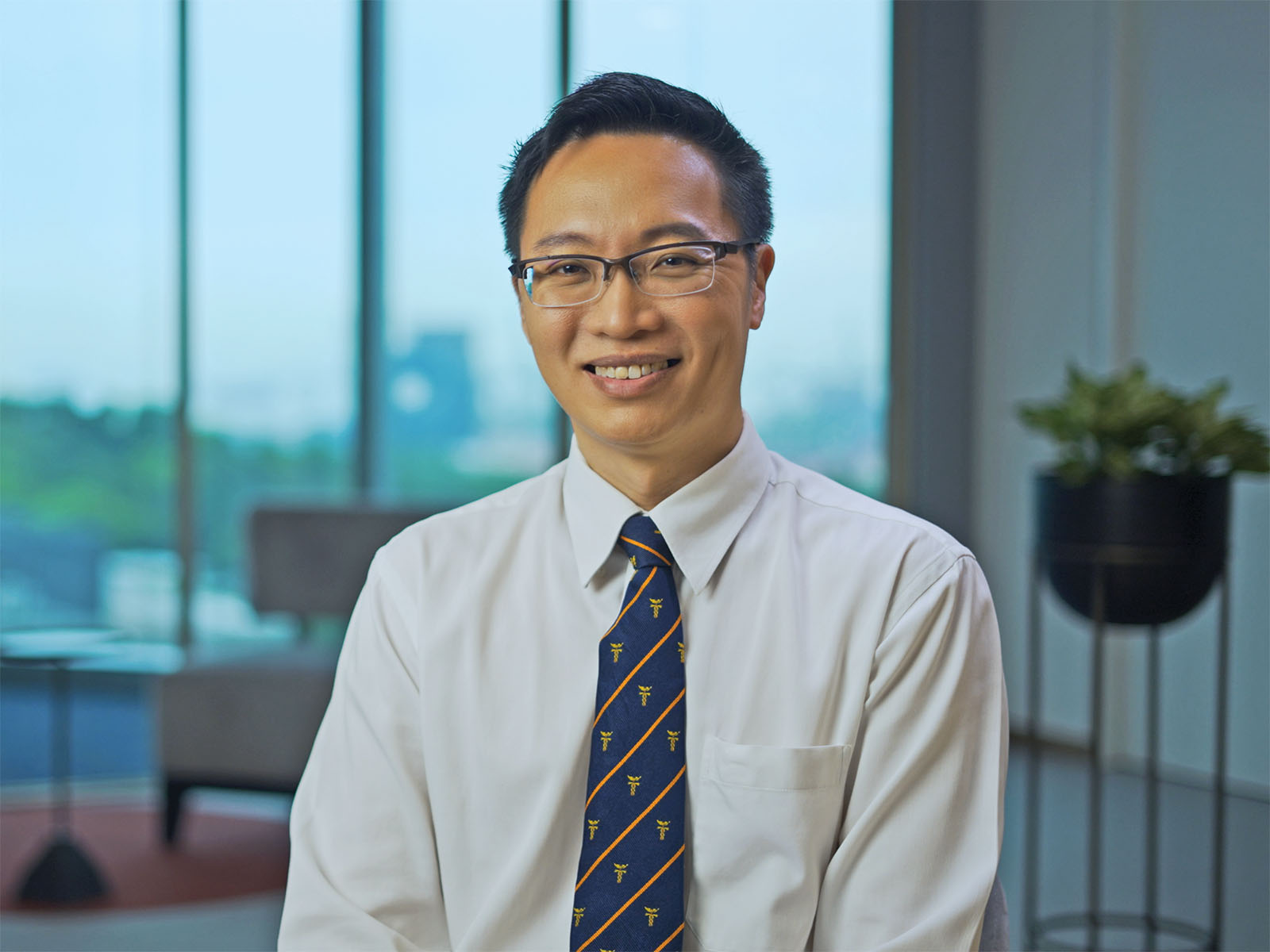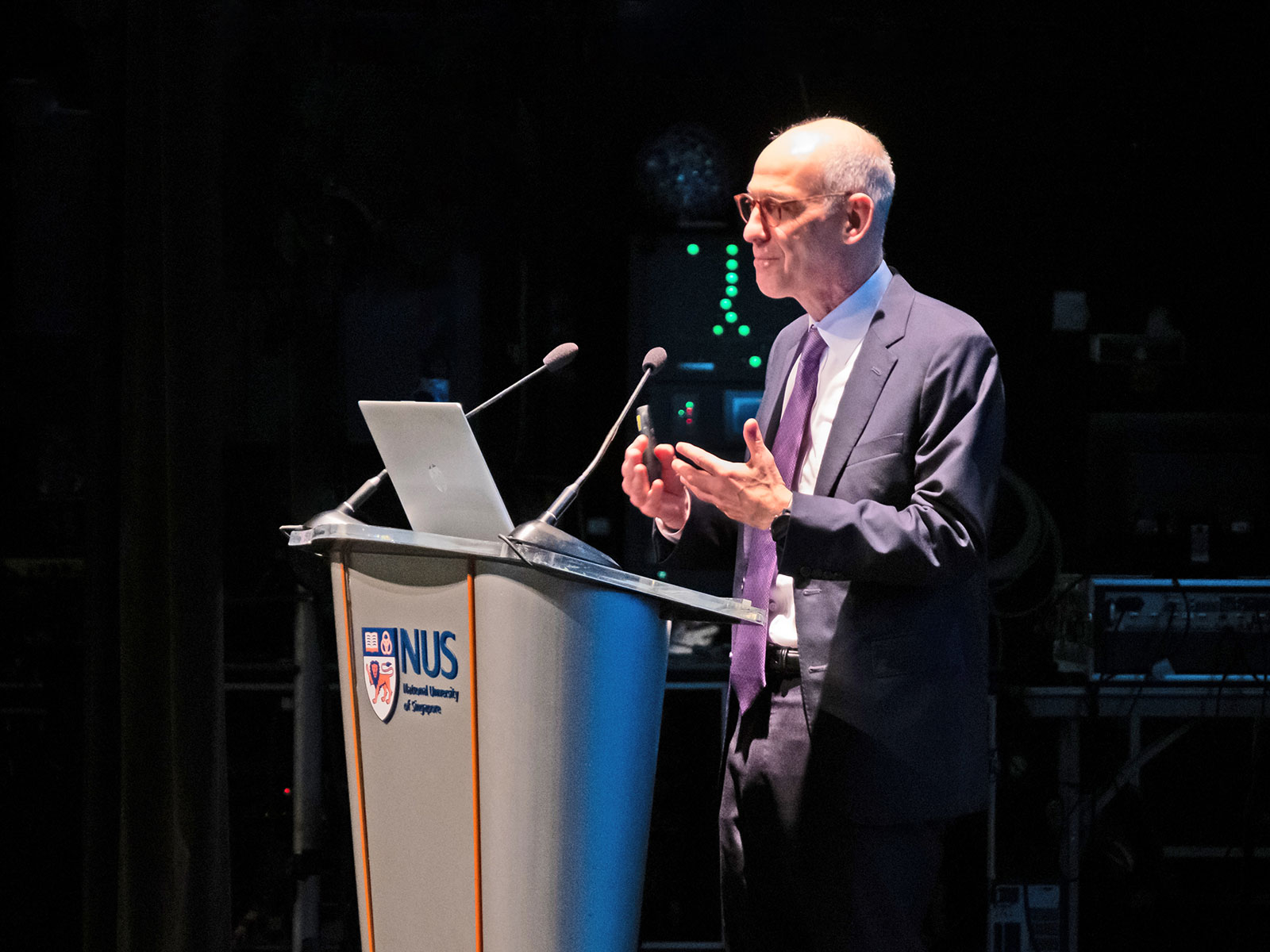
Issue 46
May 2023
THE BANYAN TREE

Q: In its Skills Demand for the Future Economy Report, SkillsFuture Singapore (SSG) identified the Care Economy as an economic growth pillar. What’s your take?
A: My view is that the Care Economy refers to the larger ecosystem of healthcare provisions and needs that go beyond hospital, inpatient, and even outpatient care. It encompasses providing social services, support services, as well as education on population needs.
Q: What are the impending challenges facing the Care Economy?
A: Globally, we are facing a healthcare professional manpower shortage. Also, we are facing a lot of different challenges, notably an ageing population. We also see a growth in different kinds of healthcare matters like precision medicine and digital medicine. All these require the training and the preparation of our current and future professionals to meet evolving needs.
We need to be agile, understand what today’s needs are and embrace change. For it is through this process of lifelong learning that we can aim to shape and mould not just our current healthcare practices, but also a practice that is relevant to the needs of our future generation.”
Q: So, what can the community in the Care Economy do about it?
A: As healthcare providers, we are the core of this economy, and we also help to coordinate care at a larger scale to the general population. Healthcare in 20 to 30 years’ time may be vastly different from how we look at it today. So it is important for us to embrace a culture of change. We need to be agile, understand what today’s needs are and embrace change. For it is through this process of lifelong learning that we can aim to shape and mould not just our current healthcare practices, but also a practice that is relevant to the needs of our future generation.
Click here to view an excerpt of the interview with A/Prof Chong Choon Seng.
More from this issue



